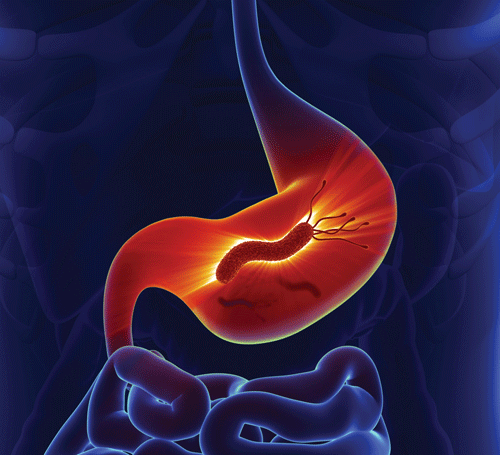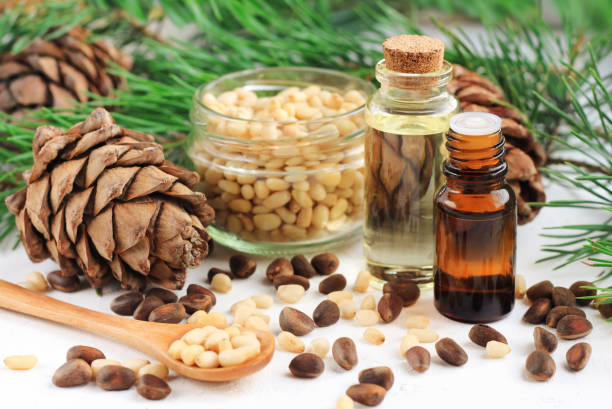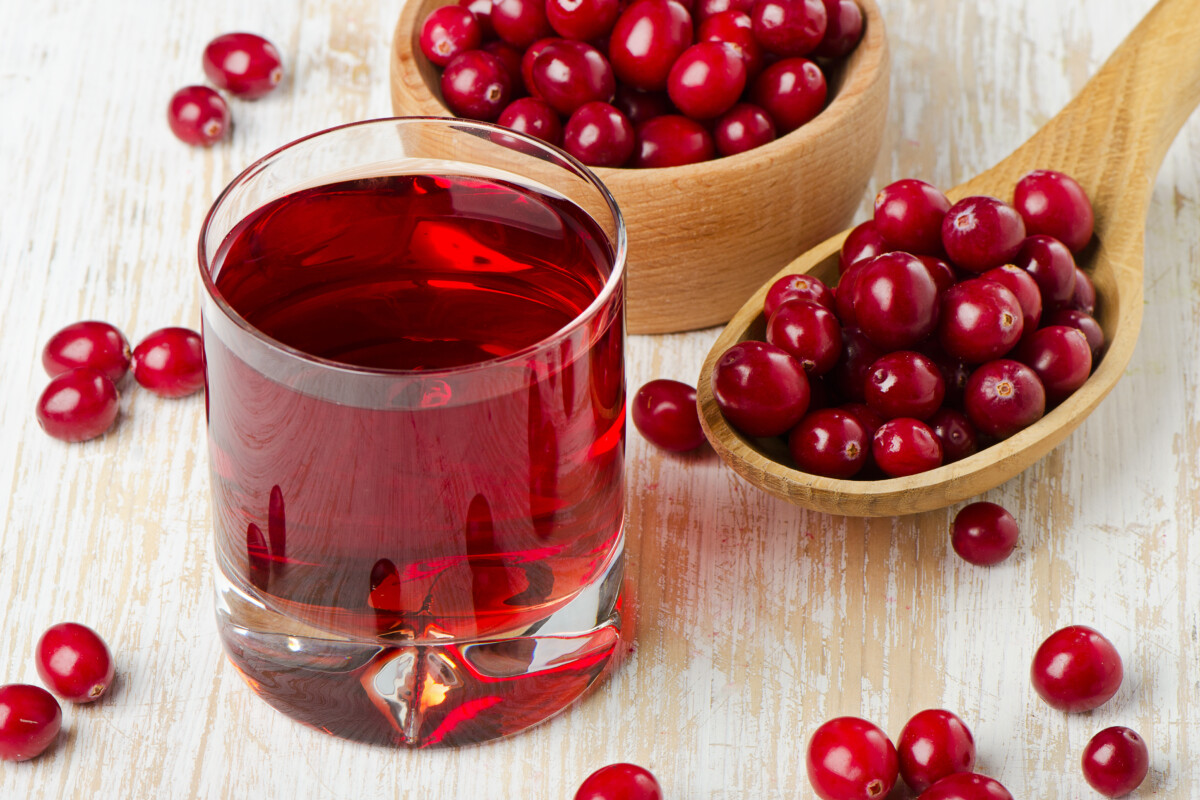
For years, doctors believed that stress, spicy food, and smoking were the primary causes of stomach pain and ulcers. However, in 1982, it was discovered that bacteria—specifically Helicobacter pylori (H. pylori)—was responsible for most cases.
What is H. Pylori?
H. pylori is a common bacteria present in over 60% of the global population. It often enters the body during childhood, especially in areas with poor sanitation, but can affect adults as well. It spreads through saliva and bodily fluids, making it easy to contract by sharing drinks or utensils.
How H. Pylori Affects the Body
Many people carry the bacteria without symptoms, but in some, it damages the stomach lining, exposing it to digestive acids. This can lead to:
- Stomach pain (mild to severe)
- Bloating
- Nausea and vomiting
- Loss of appetite and weight loss
- Excessive burping
- Peptic ulcers or, in severe cases, stomach cancer
H. pylori infection is also linked to an overproduction of stomach acid (hyperchlorhydria). Diagnosis is done through blood, breath, and stool tests.

Natural Remedies for H. Pylori
While standard treatment involves antibiotics and antacids, several natural remedies have shown promising results in controlling the bacteria.
1. Mastic Gum
Sourced from the pistachio tree, mastic gum has been found to be effective against H. pylori. A study from Barnet General Hospital in the UK concluded that even small doses of mastic gum can rapidly heal peptic ulcers. It has no known side effects and is available in chewable or capsule form.
2. Probiotics
Good bacteria, such as probiotics, help maintain a balance between beneficial and harmful microbes in the body. Certain probiotic strains have been found to inhibit H. pylori growth. Probiotics can be obtained from yogurt, kimchi, sauerkraut, kefir, and pickles or taken as a supplement.
3. Cranberry Juice
Cranberry juice may prevent H. pylori from attaching to the stomach lining. A study at Peking University found that regular consumption of cranberry juice significantly reduced H. pylori presence in participants. Another study from Israel showed that drinking cranberry juice twice a day made individuals three times more likely to fight off the infection.
4. Manuka Honey
Research from the University of Waikato, New Zealand, found that active Manuka honey can completely stop H. pylori growth. When choosing Manuka honey, look for a high MGO (methylglyoxal) rating, which indicates strong antibacterial properties.
5. Edible Herbs
Certain herbs and spices are known to have antibacterial properties that may help control H. pylori, including:
- Thyme
- Ginger
- Turmeric
- Oregano
- Garlic
- Cinnamon
- Cayenne pepper
6. Olive Oil
A Spanish study found that virgin olive oil contains antioxidants that may help prevent and treat H. pylori infections. While further human studies are needed, incorporating olive oil into your diet may be beneficial.
7. Green Tea & Red Wine
Plant-based compounds in green tea and red wine have been found to exhibit anti-H. pylori activity. Grape seed extracts and polyphenols in red wine may serve as natural antimicrobial agents.
8. Siberian Pine Nut Oil
This oil, traditionally used in Siberian and Chinese medicine, has been known to help with digestive issues, including ulcers and H. pylori infections. Drinking one or two teaspoons daily for about 21-24 days may offer relief.

Supplements for H. Pylori
Some supplements have been identified as potential aids in fighting H. pylori:
- DGL (Deglycyrrhizinated Licorice): Can be taken as chewable tablets three times daily.
- Baikal Skullcap: Functions as a natural antibiotic but may affect blood clotting and pressure—consult a doctor before use.
- Korean Red Ginseng: Shows anti-H. pylori activity in lab studies, though it also influences blood pressure and heart rate.
Final Thoughts
While antibiotics remain the primary treatment for H. pylori, natural remedies may provide additional support. If you suspect an infection, consult a healthcare professional before trying alternative treatments.


